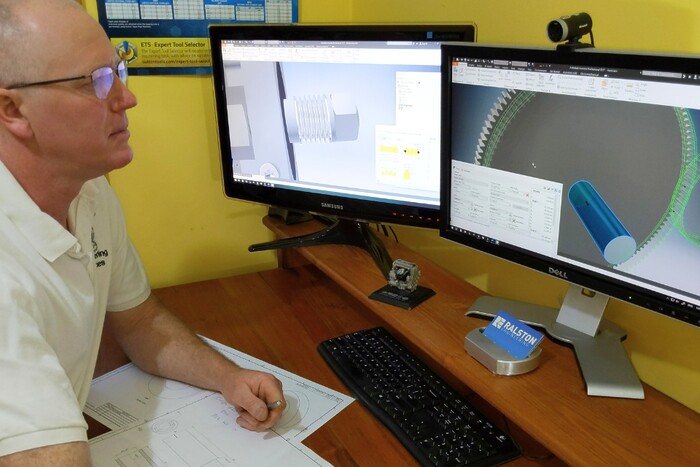Project snapshot
Region
Adelaide Hills
Project contact
Steve Shotton
Regional Development Manager
Alignment with RDA strategy
- Economic development
Region
Adelaide Hills
Project contact
Steve Shotton
Regional Development Manager
Alignment with RDA strategy
- Economic development
Grant Recipient Case Study – 2021 Funding Round
With a gift for thinking outside the box, “simple solutions for complex problems” is the mantra of Barney Ralston, mechanical engineer and owner of Ralston Engineering.
Having worked across multiple continents and engineering fields, Barney returned to Australia and is now looking at creating sustainable futures from plastic, blending his hands-on technical skills with mechanical design and engineering.
Engineering new uses for existing plastic
Following his passion for bespoke mechanical equipment, Barney spent time in the development of specialist plastic processing and welding equipment. This has helped formulate his project idea for small scale plastics recycling machinery based on “Precious Plastics”, which Barney has further developed to increase productivity, usability and to align with Australian Standards and the requirements for CE marking.
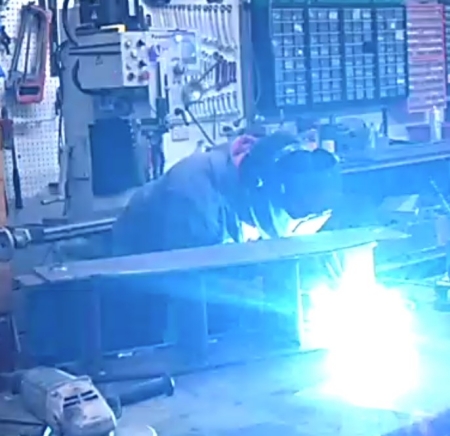
The concept involves recycling a wide assortment of plastics, such as household items, bags, toys, furniture, bottles, etc., but on a smaller scale that can be done within local communities. Simple machinery is used to break these plastics down into very small pieces, which can then be reformed into new objects for use in everyday life… anything from plant pots to tent peg mallets!
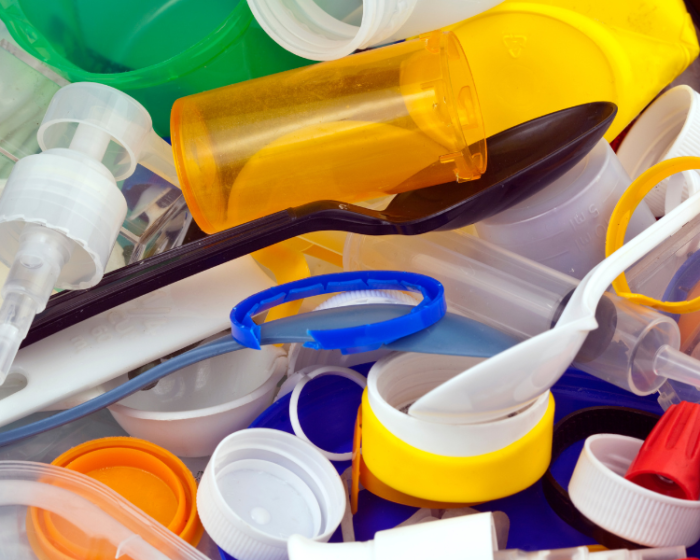

The machines will include a granulation machine that will break plastic that has been sorted and cleaned into small pellets. From there it will be processed via a second machine that will create large plastic tiles that can be cut, bent or shaped as needed – similar to wood.
Barney’s initial aim is to set up a community enterprise in Mount Barker, in conjunction with the local Community Centre and District Council. Eventually, these machines will be available for purchase by organisations such as councils, schools, small businesses, individuals, recycling centres and even local Mens’ Sheds. In using the machines to create new plastic items from old, true circular economies can be supported, no matter how large or small.
How the Hills and Coast Business Grant was used
As the machinery needed to be built from scratch, funding was used to purchase the various raw materials and components to build the preliminary set of machines. The build is currently underway, and the first machine will be kept on site for further development and testing to refine and improve future builds.
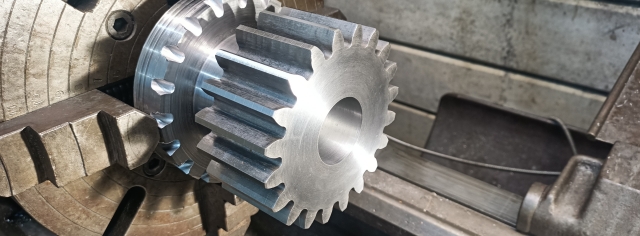
What happened after receiving the grant
The initial stages of project were tracking strongly, however a series of global and local events created roadblocks that have hampered progress. Both COVID-19 and the war on Ukraine created issues with the supply and cost of raw material and parts. With price increases of up to 100% and delivery dates ballooning from weeks to months, this caused unforeseen delays and even required some machinery specs to be modified to work around some of the issues.
Now all the components have been manufactured , the next stage will be finishing the electrics and getting testing underway in preparation for the first field test.
Feedback on the grant process
Like many of our grant recipients, Barney followed our weekly newsletter to keep an eye on grants and felt the Hills & Coast Business Grant suited his needs.
Unlike many other grants, he found it relatively quick and easy to complete the application, with the requirements around eligibility easy to understand, although he felt a single point of contact for the entire process would have helped streamline communications.
Ultimately, access to the funding is helping to push his business in a new direction, which is an excellent outcome.
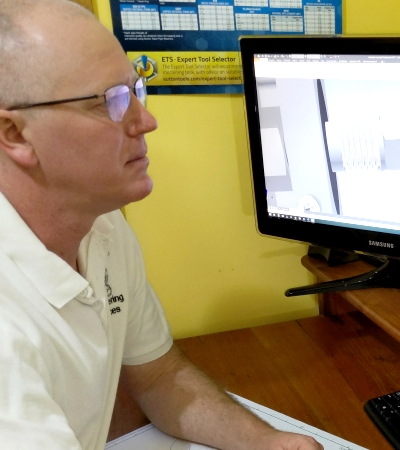
“Make sure you consider contingency planning! Things can go wrong in life, and while it’s hard to plan for catastrophe, it’s important to think about what might happen if things go wrong in ways you don’t expect.”

